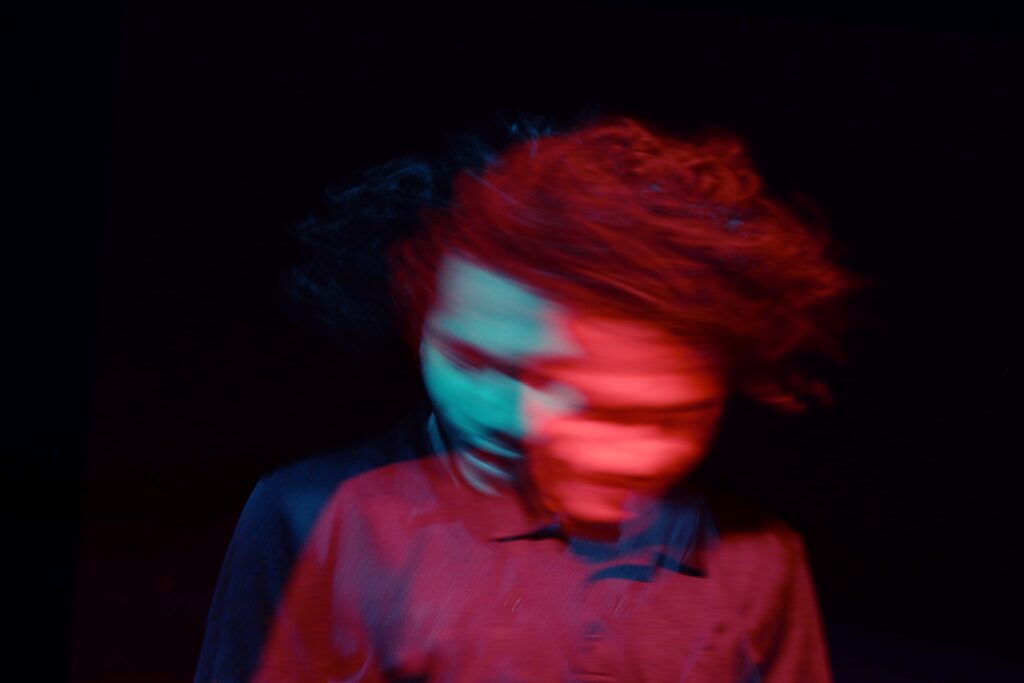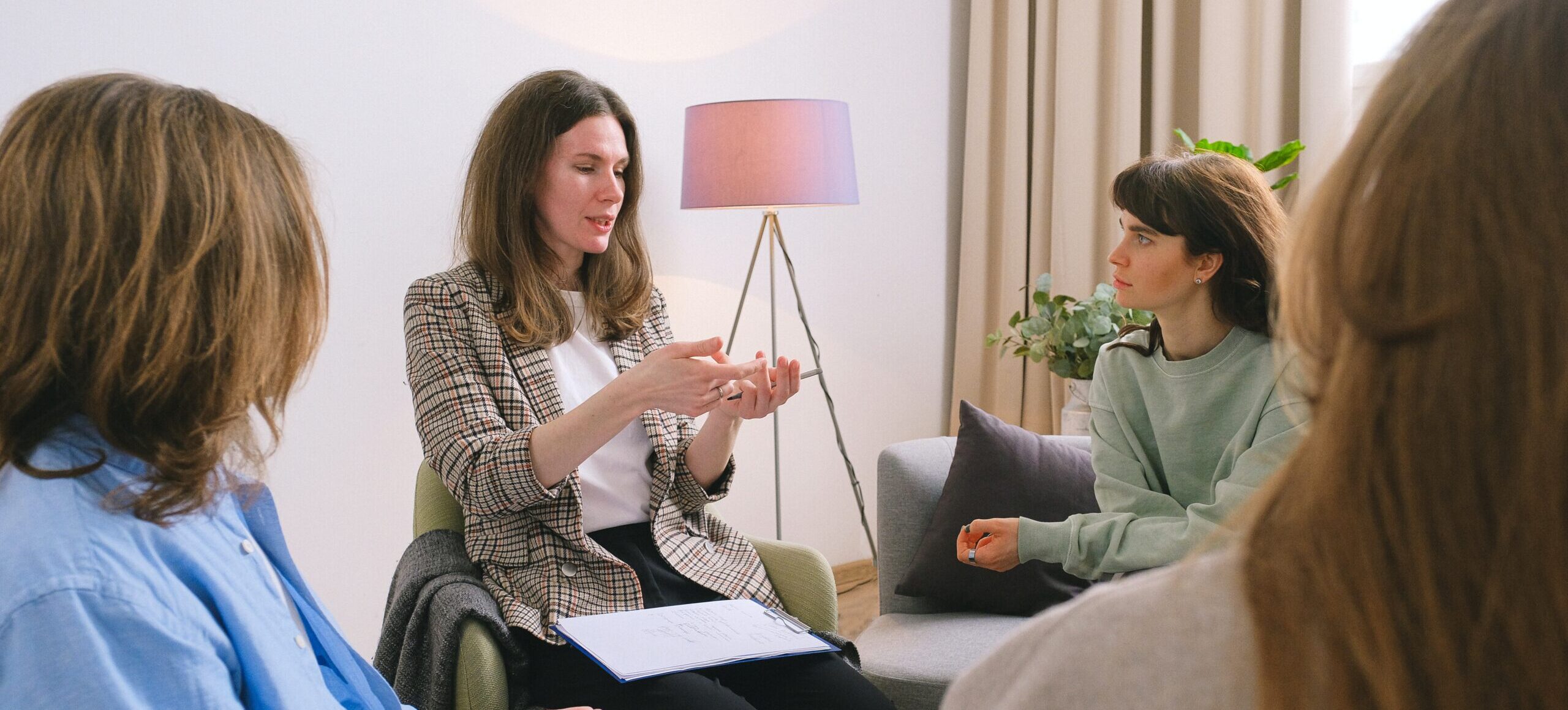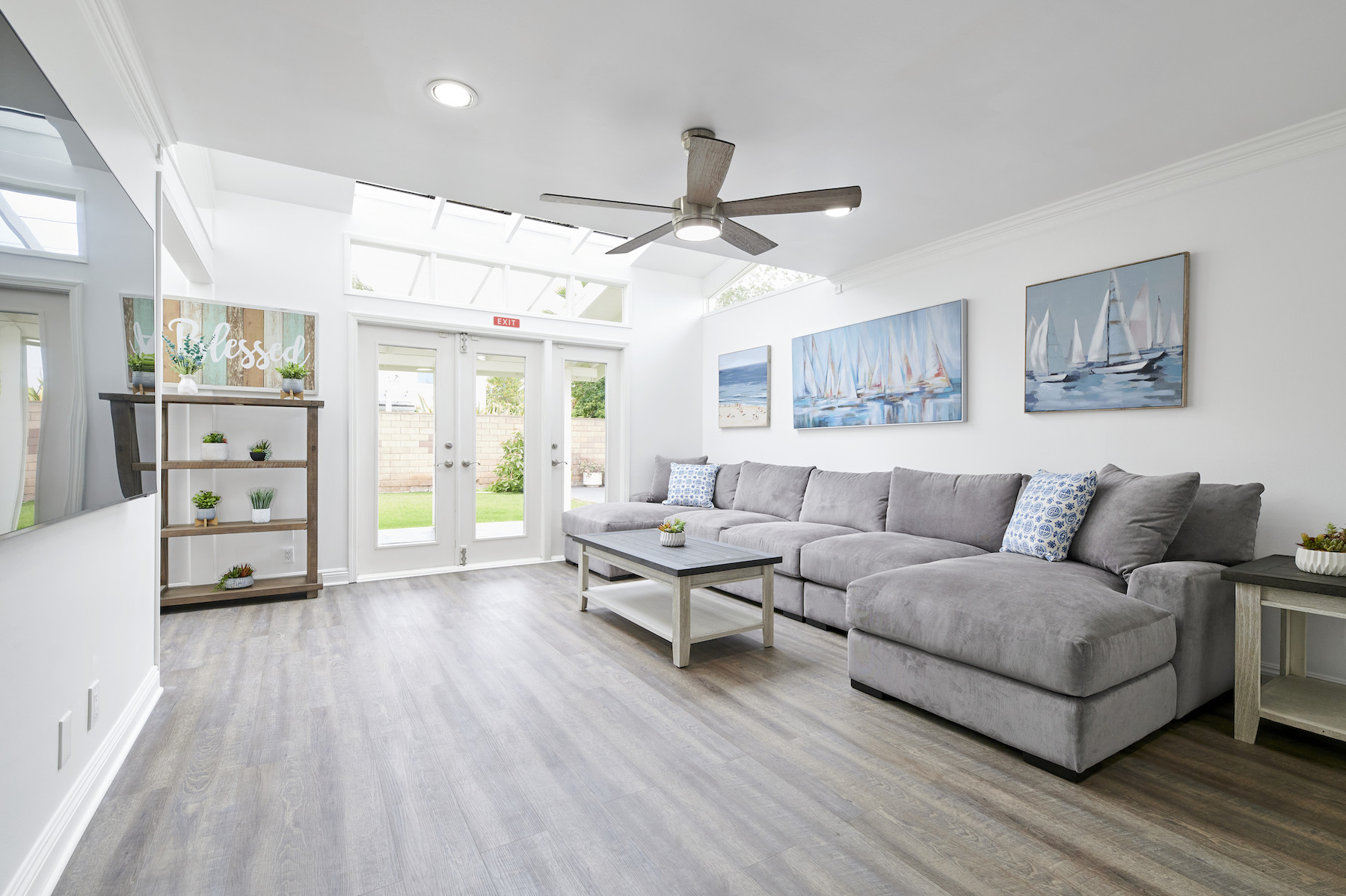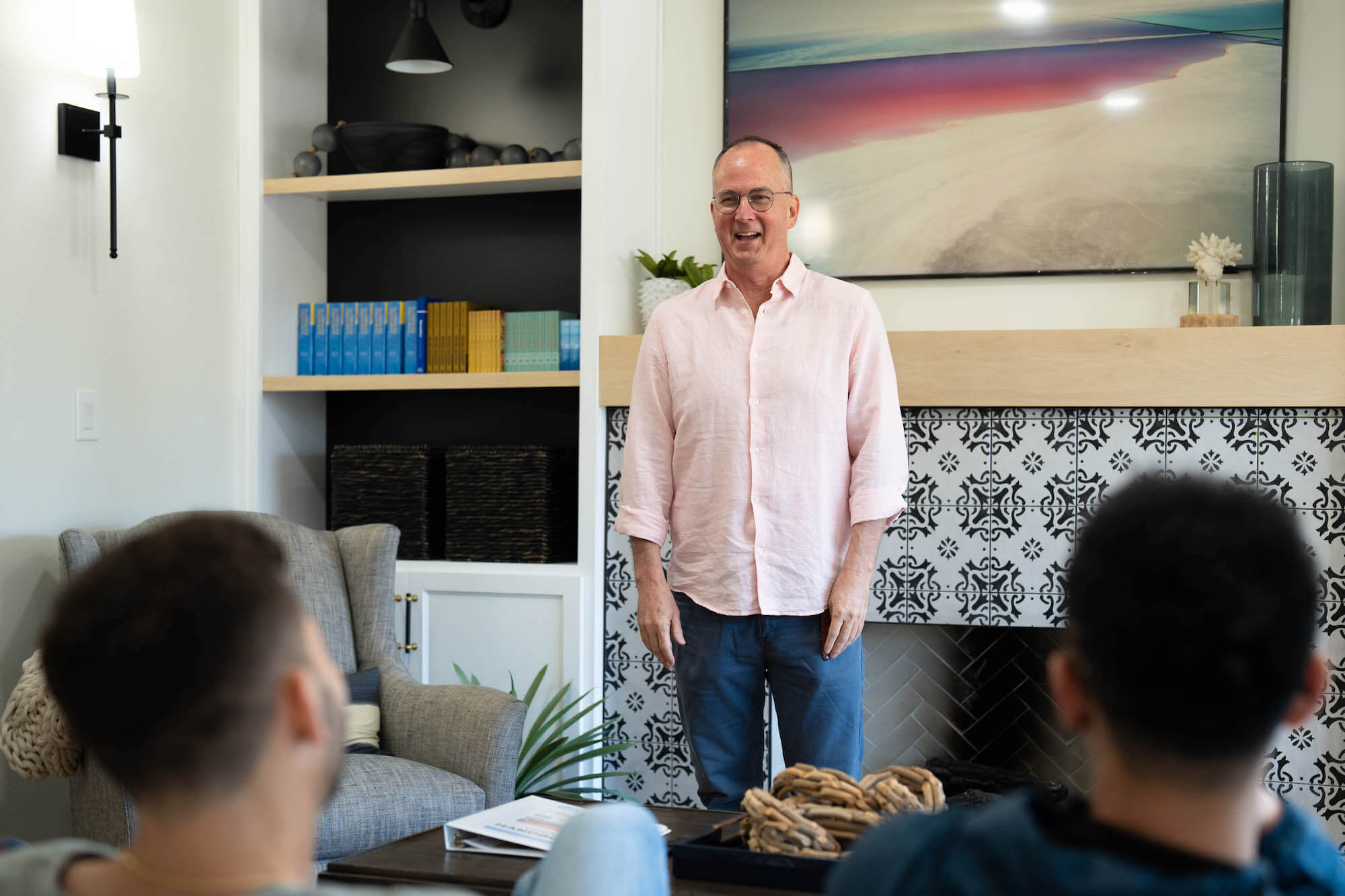Anxiety and addiction are closely associated. Many people with undiagnosed anxiety disorders self-medicate their symptoms with drugs or alcohol. Others battling addictions may experience episodes of anxiety related to substance abuse. Read on to learn more about the interrelationship between addiction and anxiety and discover how to connect with compassionate and effective dual diagnosis treatment.
The Overlap Between Addiction and Anxiety Disorder
Anxiety and substance abuse are both pervasive issues in the United States. ADAA (Anxiety and Depression Association of America) reports that 40 million adults are affected by anxiety in any given year. Data from SAMHSA’s NSDUH 2022 – the most recent National Survey on Drug Use and Health – shows that 48 million people had substance use disorder (drug addiction) in 2020, and 29.5 million had alcohol use disorder (alcoholism).
Not only are anxiety and alcohol addiction or drug addiction all commonplace in isolation, but these conditions commonly co-occur. According to ADAA data, 20% of those with an anxiety disorder or another mood disorder have a dual diagnosis involving a co-occurring substance use disorder or alcohol use disorder.
Many people diagnosed with GAD (generalized anxiety disorder) self-medicate their symptoms with alcohol, prescription medications, or illicit drugs. This will not address the underpinning anxiety, though. Beyond this, self-medication can inflame the symptoms of anxiety, while at the same time introducing another problem in the form of substance abuse.
Some people with existing anxiety disorders find that substance abuse worsens their symptoms. Others find that abusing alcohol or drugs triggers episodes of anxiety. Anxiety and substance use, then, are closely interrelated.
Does Anxiety Cause Drug Abuse?
Your risk profile for anxiety disorders and substance use disorders depends on many factors, including:
- Genetics
- Environmental cues
- Psychological factors
Most people who have an anxiety disorder respond to stress in an unhealthy and disproportionate way. This is often due to genetic reasons beyond their control. The area of the brain charged with processing fear is acutely sensitive in people suffering from anxiety disorders.
Additionally, evidence suggests there is a link between feelings of anxiety or depression and neurotransmitters – chemical messengers in the brain – like cortisol and serotonin.
Of all contributory factors to addiction and mental health disorders, family history and genetics are perhaps the most important. Research shows that roughly 40% of people with GAD and 50% of people with panic disorder have some family history of these conditions.
Beyond this, substance abuse can sometimes provoke the development of anxiety disorders. This phenomenon is known as substance-induced anxiety disorder.
Both age and gender can also influence your risk of developing an anxiety disorder. Studies show that twice as many women as men are diagnosed with anxiety disorders.
Getting Treatment for Drug Addiction and Anxiety
If you are battling issues with anxiety and drug addiction, seeking professional help offers the smoothest and safest path to anxiety and addiction recovery.
First, express your concerns to your primary healthcare provider. They may provide referrals to mental health professionals or drug rehab centers. Many people dealing with dual diagnosis find that inpatient rehab offers the most structured and supportive environment.
Seek recommendations from friends and family members and conduct some online research to create a shortlist of suitable centers.
Before we outline how to engage with effective dual diagnosis treatment at Gratitude Lodge, check if your health insurance covers anxiety and addiction treatment right here. And here’s what you can expect if you choose dual diagnosis treatment to address your co-occurring disorder head-on.
Addiction & Anxiety Dual Diagnosis Treatment
Research shows that when addiction and anxiety co-occur, integrated and coordinated treatment delivers superior outcomes.
Effective treatment often begins with supervised detoxification. Medications and clinical care help streamline the withdrawal process, enabling people to address the issue of physical drug or alcohol dependence under close supervision. Medical professionals can also provide psychological support to address symptoms of anxiety which may intensify during detox.
Ongoing treatment helps people unpack the psychological side of anxiety and addiction. Integrated treatment plans usually involve a combination of MAT (medication-assisted treatment), counseling, and behavioral therapies.
Medications may be used to treat anxiety disorders. Options include:
- Xanax
- Buspar
- Zoloft
- Pristiq
- Lexapro
- Celexa
- Lexapro
All these medications can be used safely long-term except for Xanax and other benzodiazepines.
FDA-approved medications can be used to treat alcohol addictions and opioid addictions.
Pharmacotherapy for addictions and anxiety disorders is always most effective when combined with psychotherapies like CBT (cognitive behavioral therapy). CBT can be beneficial for both conditions, helping people identify triggers and develop healthier coping techniques.
Long-term aftercare helps people maintain recovery from addiction and manage anxiety. This may involve attending ongoing therapy, participating in support groups, and making necessary adjustments to the treatment plan.
Anxiety and Addiction Treatment at Gratitude Lodge
We treat all types of co-occurring disorders at Gratitude Lodge in Newport Beach and Long Beach, California. We treat addiction and anxiety disorder in a residential setting, providing you with a welcoming and inclusive environment free of triggers and distractions.
Our supervised detoxification program helps you start your recovery the right way, accessing medications and continuous care to streamline the withdrawal process and address the issue of drug or alcohol dependence.
During ongoing inpatient treatment at one of our beachside facilities, you’ll engage with a personalized array of the following treatments:
- Talk therapies
- Motivational therapies
- Counseling (individual and group)
- Family therapy
- Holistic therapies
- Medication-assisted treatment
- Aftercare support
Call 800-994-2184 for effective and compassionate dual diagnosis treatment.




























